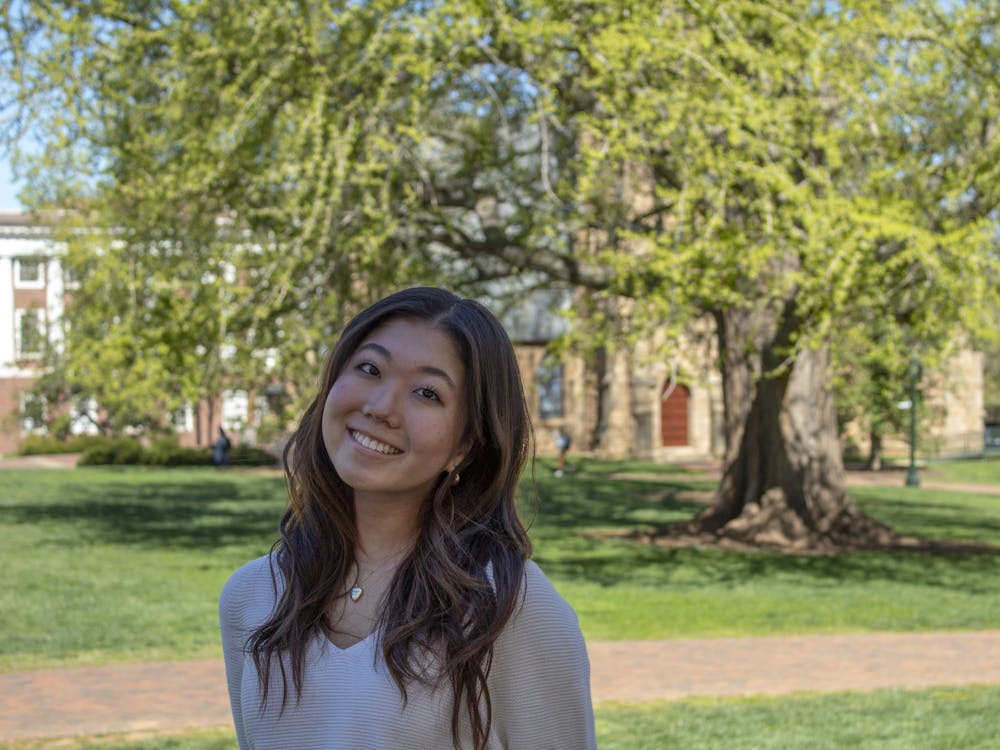I’ve yet to find a truly good reason not to study abroad. At least not one as scathing as “don’t study abroad if you’re a closed-minded person,” which seems a bit harsh for my taste.
I’m not opposed to going abroad by any means; it’s the attitude our society sometimes has toward this subject that doesn’t sit as well with me. My life experiences probably make me somewhat justified in my skepticism. I spent half of high school in Tajikistan — a relatively unknown and often overlooked nation from an American perspective — and can probably safely be deemed a third-culture kid. As a result, I sometimes see things differently than my peers.
Spending a January term, a summer or even a semester somewhere outside the United States doesn’t make someone any more “worldly” than he or she already is — simply traveling to a foreign country isn’t a necessarily going to fundamentally change anything about you. You won’t automatically become open-minded just by stepping off the plane in a new place, and there’s likely not going to be a single moment when you’ve realized how much you’ve changed.
Study abroad isn’t always a good alternative to the language requirement either. At age 18 I speak Russian better than I did when I left Tajikistan two years ago — quite remarkable considering the amazing resources which were right outside my door during my time in Asia. While my ability to pronounce and understand Russian at my current level probably originates from my shy listening from the shadows, with what I have learned from formal training I’d probably fare much better. For some, languages are not any easier to learn in real life than they are in the classroom.
The languages we study in the United States tend to be European in origin, with the occasional Asian language tossed in for good measure, and they tend to dictate the places students frequently go abroad. Europe and East Asia are such common places to study abroad, unlike, for example, Central Asia. While I must admit the unique cultures and histories of these nations are very appealing, they aren’t representative of the whole world.
That being said, I think we sometimes forget to focus on similarities, instead preferring to emphasize what makes us — our country, our culture and our individual selves — different from others, whoever they might be. Although it’s a cliché, people really are all the same, at least on a certain level, no matter where they are from. Do we really need to go across the world to figure that out? I don’t know, but I really hope not.
Those who seek to study abroad do so for their own reasons and motivations, I understand, and as such I can only urge you to make a choice that best fits your resources and goals.




